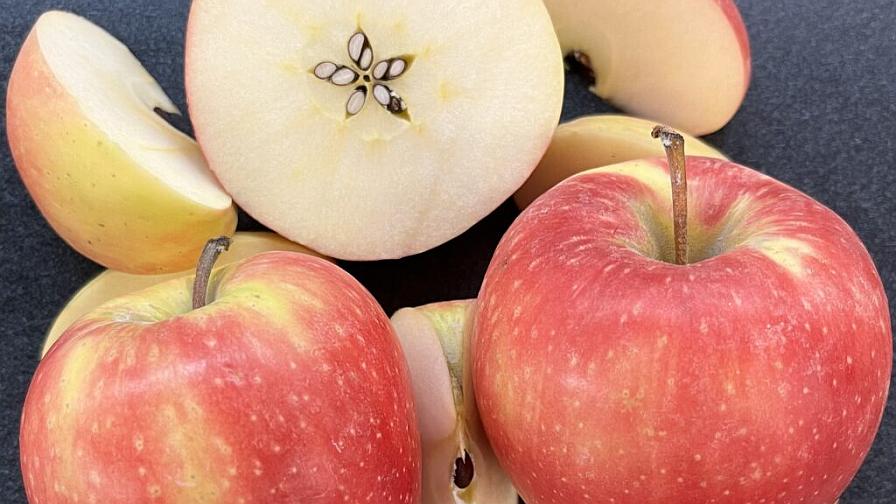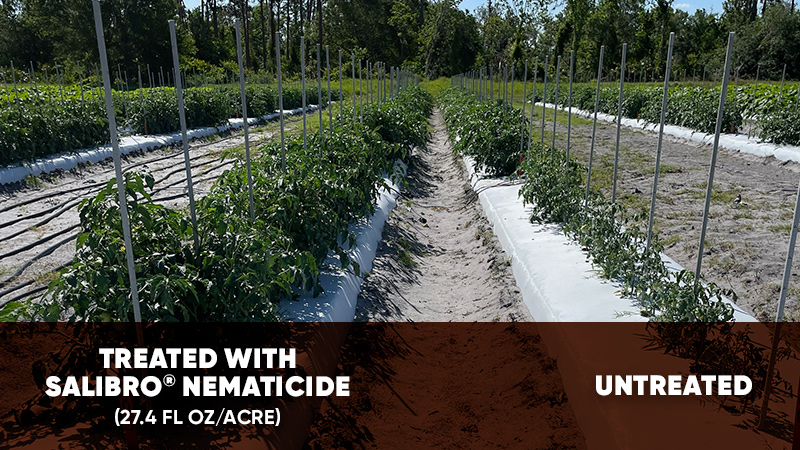EPA Funds Projects To Reduce Pesticide Use, Risks To Bees
EPA announced it will provide agricultural grants for Integrated Pest Management (IPM) practices to reduce the use of crop protectants and lower risk to bees. The agency has awarded almost a half million dollars in funding to three universities: Louisiana State, Penn State University, and University of Vermont.
“These collaborative projects can provide innovative solutions to reduce pesticide risks to pollinators and crops,” said James Jones, assistant administrator for the Office of Chemical Safety and Pollution Prevention. “Initiatives such as these will encourage others to adopt promising technologies and practices across the nation to reduce pesticide risks while maximizing crop production and protecting public health.”
IPM relies on environmentally-sensitive practices that prevent pests from becoming a threat. These practices involve monitoring and identifying pests and taking preventive action before crop protectants are used. If they are needed, methods such as targeted spraying may be used. These grants will expand public-private stewardship efforts and reduce pesticide risk in agriculture.
The Agricultural IPM Grants are awarded to:
● The Pennsylvania State University project to protect bees and crops by reducing reliance on neonicotinoid pesticide seed treatments and exploring the benefits of growing crops without them. IPM in no-till grain fields will be used to control slugs and other pests that damage corn and soybeans. Researchers will share their findings with mid-Atlantic growers and agricultural professionals.
● The Louisiana State University project to minimize impacts to bees from insecticides used in mosquito control. Mosquito control is critical for public health; however, insecticides can be hazardous to bees. Bees are essential for crop production and ensuring a healthy food supply. Practices and guidelines resulting from the project will be distributed to mosquito control districts and beekeepers throughout the U.S.
● The University of Vermont project to reduce pesticide use and improve pest control while increasing crop yields on 75 acres of hops in the Northeast. The awardees will also develop and distribute outreach materials to help farmers adopt these practices. The project’s goal is to reduce herbicide and fungicide applications by 50% while decreasing downy mildew.
For more information on the EPA’s Regional Agricultural IPM Grants, go to: www.epa.gov/pestwise/grants/regionalaggrants.html.
Source: EPA news release










